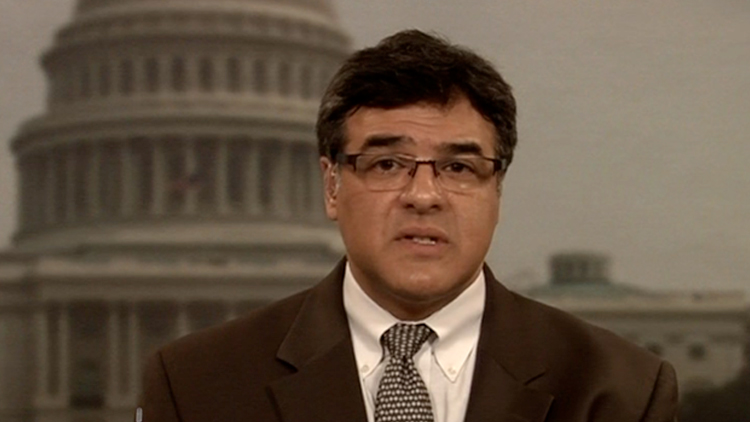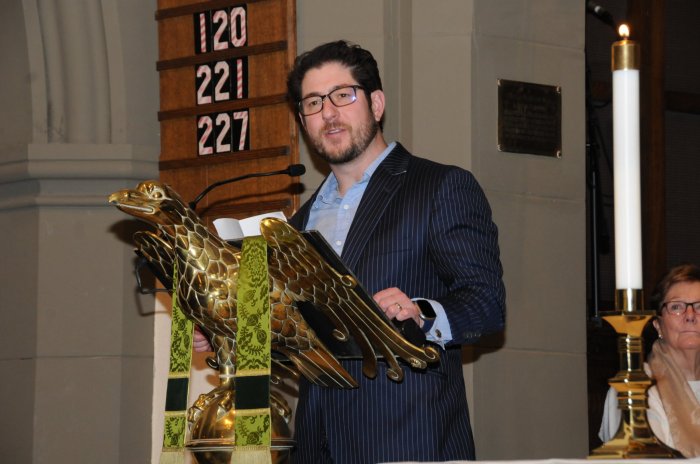John Kiriakou, the ex-CIA agent who blew the whistle on the clandestine agency’s torture program, was released from federal prison this week after nearly two years behind bars, and will serve the remainder of his sentence under house arrest.
Kiriakou, who was originally charged under the Espionage Act, a World War I-era law, pleaded guilty to a lesser charge and was sentenced to 30 months in prison. He has 83 days of house arrest remaining on his sentence.
“Compared to being in prison, John is overjoyed to be back home with his wife and five children,” his attorney Jesselyn Radack told the Press Friday. Kiriakou lives in Maryland.
“It’s a big adjustment coming out jail,” said Radack, National Security and Human Rights Director of Washington D.C.-based Government Accountability Project.
Radack said his release into house arrest had been in the works for some time.
Free at last. Free at last. Thank God Almighty. I'm free at last. MLK Jr (and John Kiriakou). pic.twitter.com/hoPgbjFyAZ
— John Kiriakou (@JohnKiriakou) February 4, 2015
Kiriakou, 50, made headlines in a 2007 ABC News interview when he became the first person with knowledge of the CIA’s torture program to reveal that the US government engaged in waterboarding of detainees. Within 24 hours, the government filed the first of a half-dozen crime reports against him, Kiriakou has said in previous interviews.
But it wasn’t his revelations that led to a grand jury indictment against him in April 2012. Kiriakou was accused of identifying a covert agent and disclosing information to a journalist. The agent’s name was never published, but was discovered in a classified defense filing before a military commission at Guantanamo Bay.
Facing the prospects of a 45-year prison sentence, Kiriakou pleaded guilty to one count of violating the Intelligence Identities Protection Act.
He entered the Federal Correctional Institution in Loretto, Penn., on Feb. 28, 2013.
In court documents, Kiriakou’s attorneys argued that the government was engaging in “selective prosecution,” and claimed Kiriakou was being targeted for public statements that “embarrassed” the government.
Prosecutors defended their actions, saying Kiriakou’s previous remarks were not a motivating factor in their case.
“Now seeking to adopt the ill-fitting mantle of whistleblower,” prosecutors said in court documents, “defendant asserts that his statements about these and other subjects improperly motivate the prosecution against him.”
Radack disagrees.
“The government always says whistleblowers are not whistleblowers and pro-government judges do the same thing,” she told the Press.
“John is textbook because he revealed for the first time that the US had an official torture program,” she added.
The long-awaited Senate Intelligence Committee report on the US government’s post-Sept. 11, 2001 detention and interrogation program, released last December, was deeply critical of the CIA’s techniques—concluding that the coercive measures failed to lead to the collection of “imminent threat intelligence.”
The CIA and Bush administration officials have criticized the report as partisan and flawed.
Sitting in prison, Kiriakou felt “vindicated,” Radack said.
“Even though it was just a redacted summary, it was still so bad that it [legitimized] everything that he had blown the whistle on,” she added.
Under the terms of his house arrest, Kiriakou is unable to give media interviews at this time.
Radack said he eventually hopes to be an anti-torture and prison reform advocate.
Kiriakou’s official release date is May 1, according to the Federal Bureau of Prisons website.
































